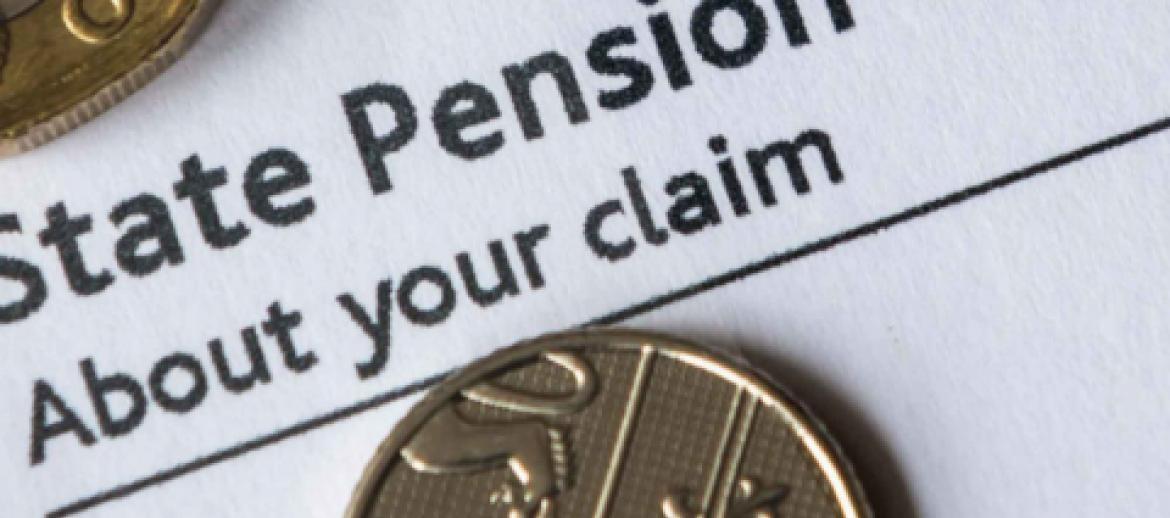While we still don’t know exactly when the State Pension age will rise to 68, what we do know is that the rise is inevitable and, for some, it is worth considering how this will affect your retirement plans.
How could this affect my retirement plans?
The purpose of retirement planning is to give you an idea of what your retirement might look like. It’s important though to ensure your plans are flexible and are regularly reviewed to ensure you are on track or if your plans need to be adjusted to fit any evolving needs or desires.
The State Pension increased by more than 10% in April. For those eligible for the full State Pension increased to £203.85 per week or £10,600 per year. For many people, it is an important part of their retirement plans, however, it is still over £2,000 less than what the Retirement Living Standards suggest will be enough to afford a single person a 'minimum' lifestyle in retirement.
If you have already decided when you would like to retire and want to stick to this timescale, you will need to take into account that you may have to work a year longer or wait a year longer, before you are in receipt of your State Pension.
You may want to save more to help fund that one-year £10,600 shortfall, if you are affected, so you can still retire at the age you had planned. Alternatively, you may want to look again at the lifestyle you had planned for retirement – for some this may mean reducing the level of lifestyle planned.
It’s also worth considering your health as this will determine how long you may be able to or want to work.
Currently, personal pensions can be accessed 10 years before your state pension is due. If you were considering retiring at 67 but further down the line find you are in the group that cannot receive the State Pension until 68, you might be tempted to access your personal pension earlier. You might have other savings, such as ISAs. However, this could have a knock-on effect to your future standard of living in retirement.
Answering the following questions will give you a better idea of how your retirement plans can be shaped.
- Do you know how much is in your pension pot(s)?
- Are you saving enough or can you make extra contributions?
- Do you have any unused contributions in the previous 3 years?
- Do you have multiple pension pots from different employers?
- Are there any gaps to fill in my national insurance record?
- Have you reviewed your investment choices in your pension?
Retirement planning is an evolving process due to lifestyle, health changes and government intervention. Therefore, it might be prudent to engage with a retirement expert who can use cashflow modelling tools to show you the impact of such changes to help you plan for any unexpected roadblocks.




